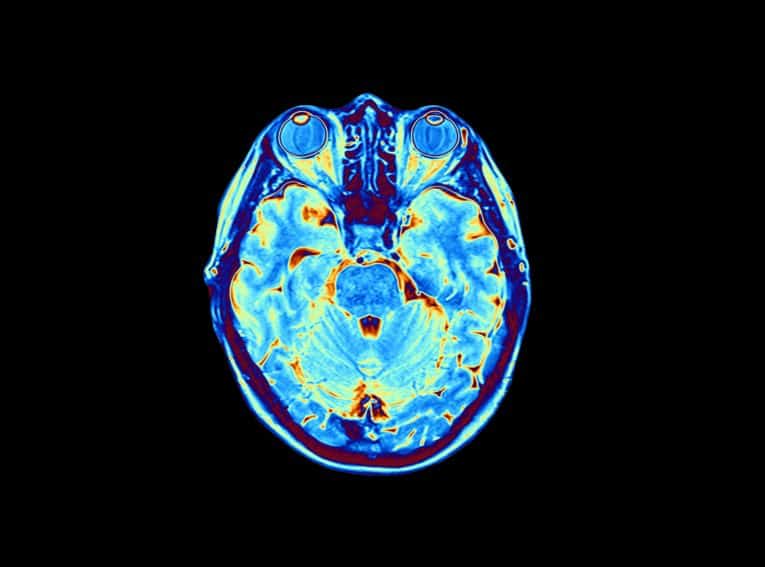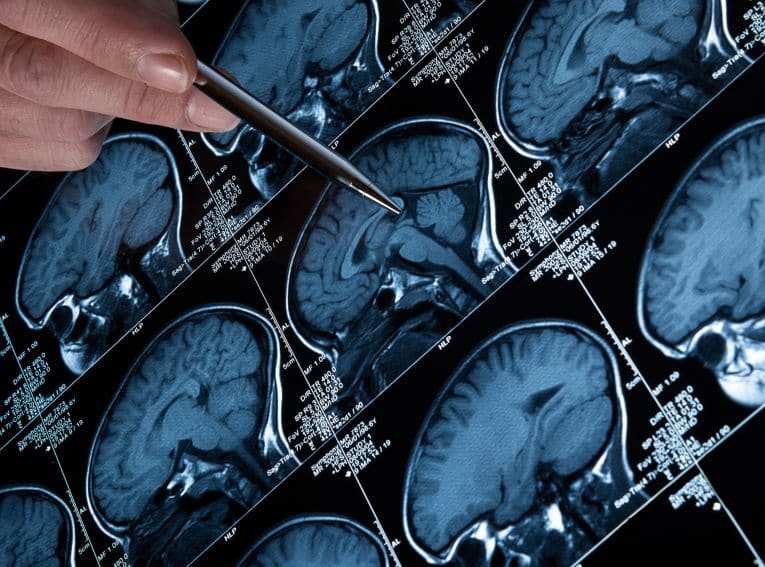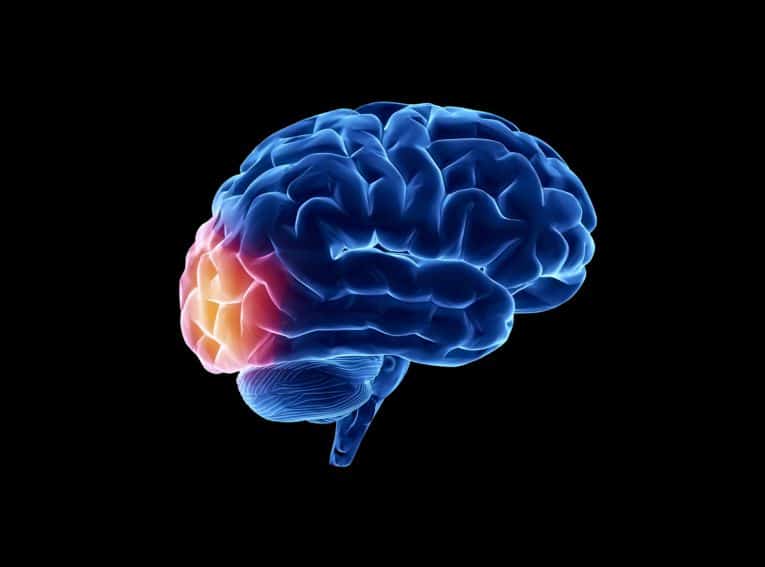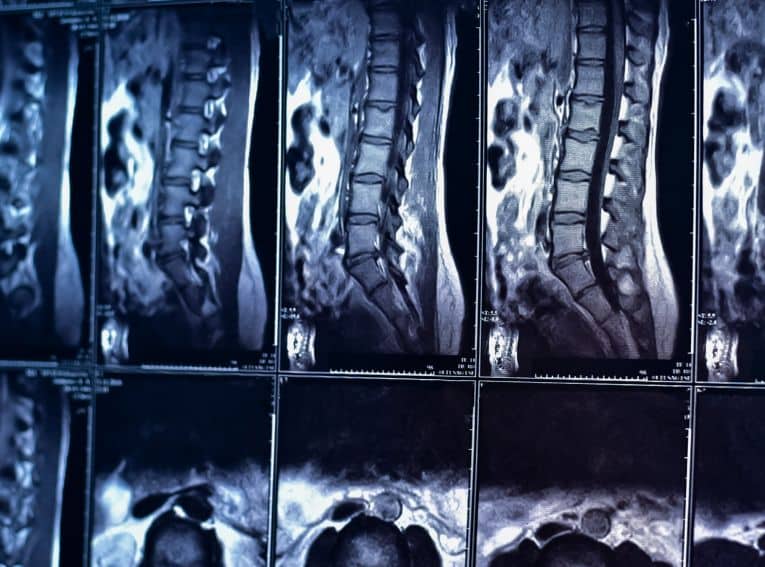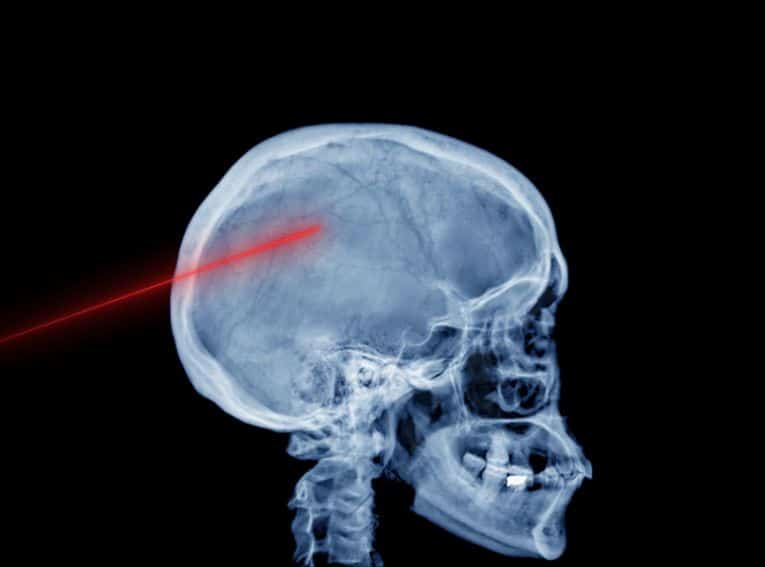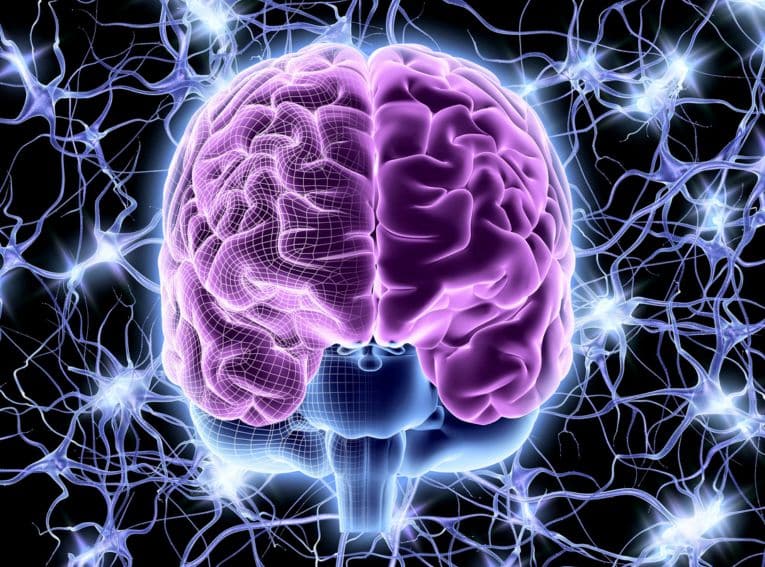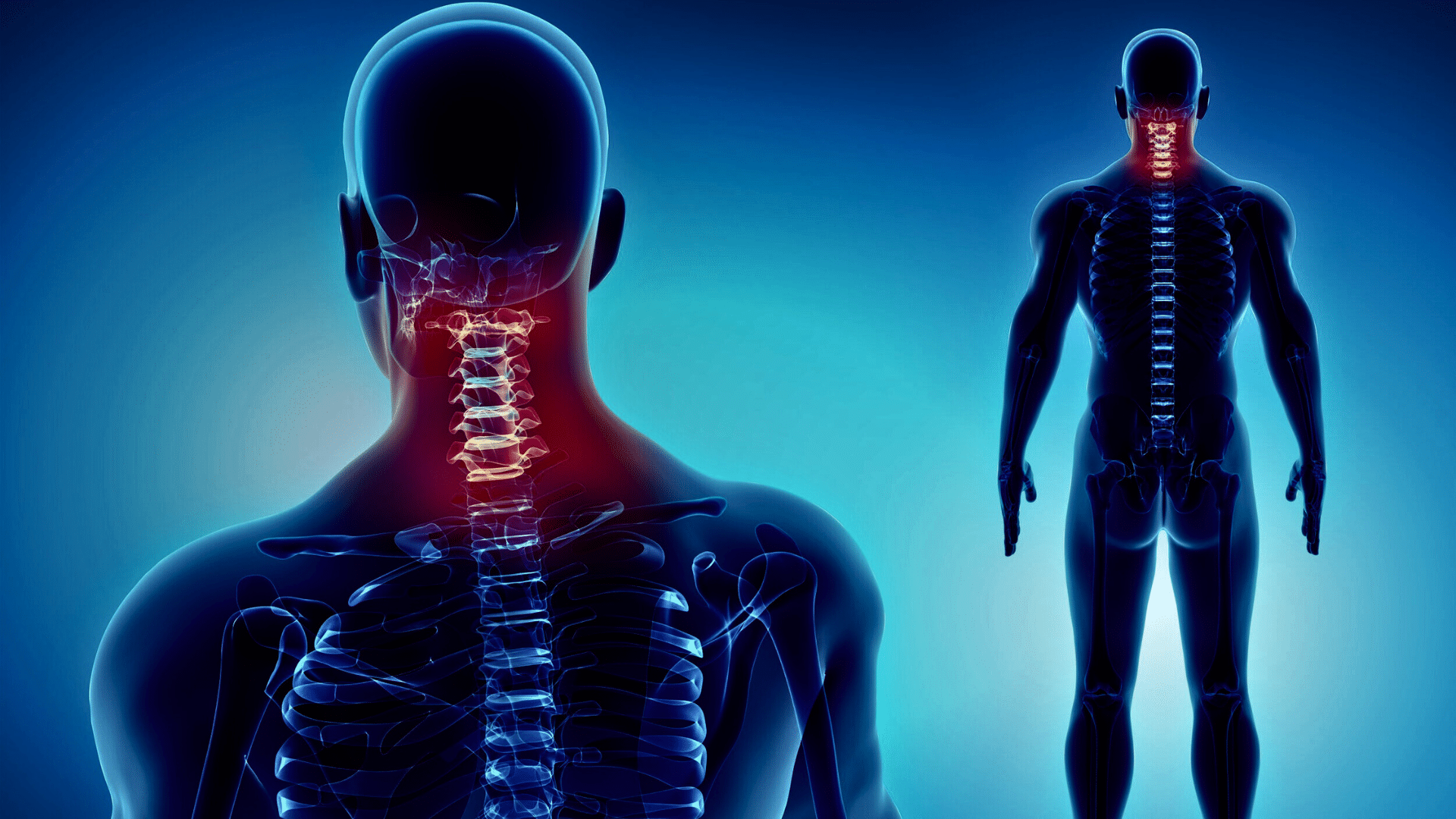
Spinal Tumors
Spinal tumors are abnormal growths of tissue found in and around the spinal cord and its surrounding structures. Most spinal tumors are found in the center of the back. Tumors that originate in the spine are called “primary”; tumors that originate elsewhere are called “secondary.” Breast, lung, prostate and renal cancers are the most common types of cancer to spread to the spine. Primary spinal tumors, which can be benign or malignant, are rare.
Types of Spinal Tumors
There are three types of spinal tumors, all of which can cause back pain.
Intradural-Extramedullary Tumors
Intradural-extramedullary tumors grow within the spinal canal under the dura, which is the outer membrane that covers the spinal cord, but outside of the nerves. They are usually benign and slow-growing. Most intradural-extramedullary tumors are either meningiomas or nerve-sheath tumors. Meningiomas are found in the dura; nerve-sheath tumors originate in the spinal cord’s nerve roots.
Intramedullary Tumors
Intramedullary tumors originate inside the spinal cord or its individual nerves; they are usually benign. They often arise from glial cells, which provide the nervous system with physical support and insulation. Intramedullary tumors usually develop in the neck area (cervical spine).
Vertebral Column Tumors
Tumors found in the vertebral column have usually spread from another location. In women, most vertebral column tumors originate in the breasts and lungs; in men, most originate in the prostate and lungs. Less-common primary vertebral column tumors, which are typically found in young adults, originate in bone or discs in the spine.
Causes of Spinal Tumors
The specific cause of spinal tumors is unknown, although many are linked to genetic abnormalities and tend to run in families. Patients with neurofibromatosis 2 or von Hippel-Lindau disease may also be at higher risk for developing spine tumors.
Symptoms of Spinal Tumors
For a patient with a spinal tumor, the primary symptom is usually pain in the middle or lower back, which may then spread to the hips, legs, feet or arms. Other symptoms can include:
- Muscle weakness
- Difficulty walking
- Decreased sensitivity to hot and cold
- Loss of bladder function
- Scoliosis
Despite treatment, these symptoms may become more severe as the tumor grows. Malignant tumors tend to grow much faster than benign tumors, and should be treated quickly in order to prevent them from spreading.
Diagnosis of Spinal Tumors
Diagnosing spinal tumors is usually done by a neurologist and/or neurosurgeon. If symptoms of a spinal tumor are present, the patient’s complete medical history is taken, and physical and neurological examinations are performed. Imaging tests are also required for diagnosis. They may include:
- Spinal MRI scan with contrast agent
- Spinal X-ray
- Cerebrospinal fluid examination
- Cerebrospinal fluid cell studies
- Spinal CT scan
- Myelogram
An MRI scan with contrast imaging is the best way to diagnose a spinal tumor. However, based on the tumor’s type and location, and its effects on the spine, one or more of the other tests listed above may be performed.
Treatment of Spinal Tumors
Intradural-extramedullary and intramedullary tumors are usually treated by surgical excision. The goal is to eradicate the tumor without damaging the surrounding nerves.
Vertebral column tumors are usually metastatic, so “curing” them is usually not possible. Surgical treatment attempts to keep the spine stable, reduce pain being caused by the tumor, and to remove pressure on the spinal cord. Radiation therapy is often used to reduce spinal pain in which spinal compression or instability are not issues. In many cases, benign vertebral column tumors can be completely removed.
For many patients with benign tumors, regular monitoring, to make sure that the tumor is not growing rapidly and affecting nearby nerves, is sufficient. Monitoring is particularly effective for older patients who may not be able to tolerate surgery or other treatments.
Welcome to the office of neurosurgeon Dr. Vikas Rao, where your health comes first. Below are some of the neurosurgical treatments that we offer in Mission Viejo, CA:
Contact us today
Your concerns are important to us, and we want to make sure all of your questions are answered so you understand your options. Please contact our office with any questions, and our team will be happy to assist you.
Give us a call
We're open to serve
Our doctor and staff are devoted to our patients. Please fill out the form below with any questions or to schedule an appointment and our team will get back to you within 24 to 48 hours.
